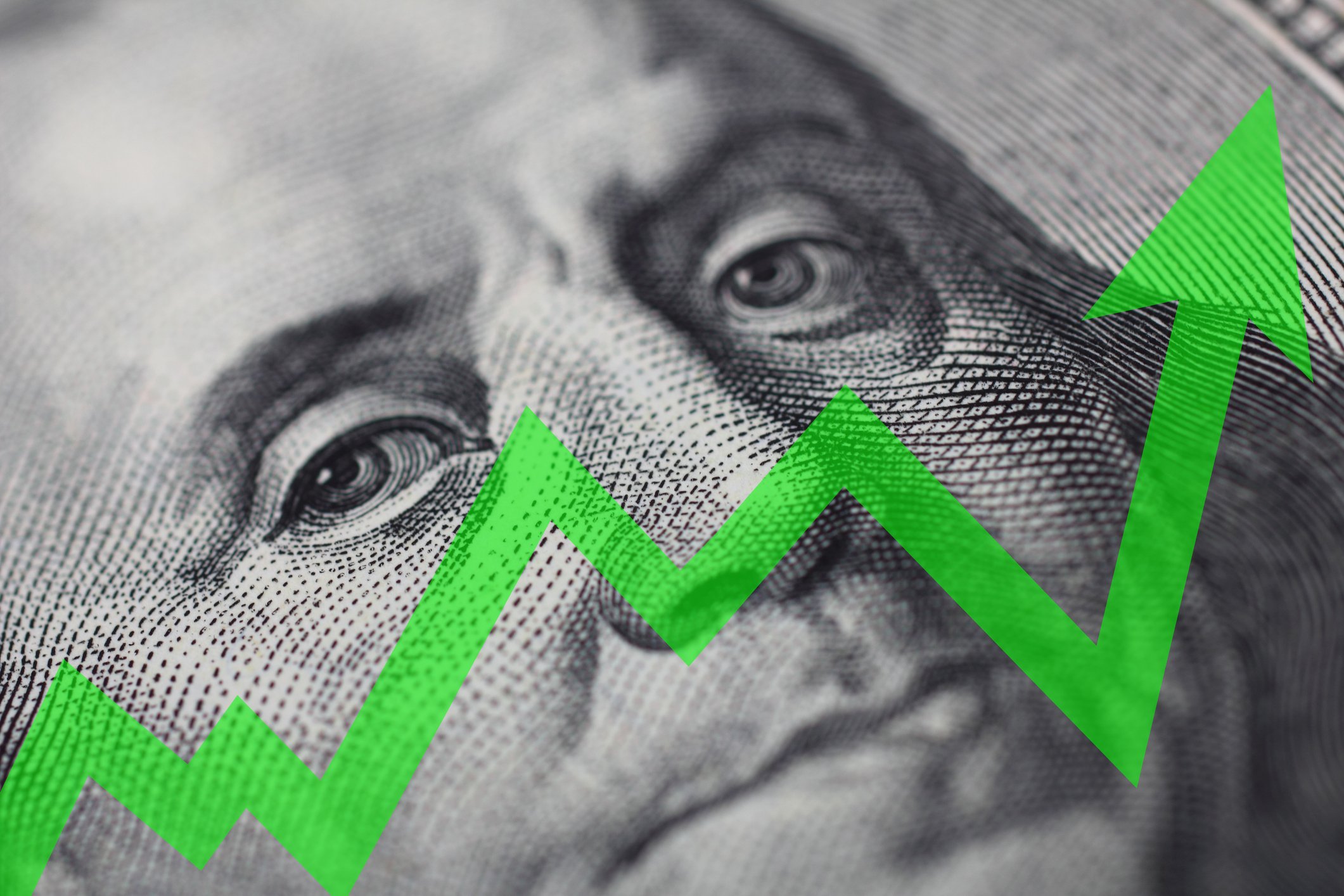It wouldn't be much of a prediction to forecast that Nvidia will be a $5 trillion company within the next few years. The GPU maker's market cap already tops $4.4 trillion. I suspect that Nvidia will indeed be worth at least $5 trillion in the not-too-distant future.
However, other artificial intelligence (AI) stocks are more of a stretch. Still, I believe that some will join Nvidia in the $5 trillion club. In particular, I predict that Amazon (AMZN +2.12%) could hit a $5 trillion valuation by 2030. Here's how.

Image source: Getty Images.
Looking at Amazon's core businesses
Amazon's market cap currently hovers around $2.36 trillion. It would have to more than double over the next five years for my prediction to be fulfilled. This almost certainly means that the company will need exceptional growth from its core businesses of e-commerce and cloud services. The good news is that both are already growing by double-digit percentages.
Technically, Amazon's North America segment includes businesses outside of e-commerce (notably, Whole Foods). However, most of the segment's revenue stems from e-commerce and advertising on its e-commerce platforms. In the second quarter of 2025, this revenue increased by 11% year over year. Amazon's international segment also consists primarily of e-commerce operations. This segment's revenue jumped 16% year over year in Q2.
Amazon Web Services (AWS), which claims the leading market share among cloud service providers, is growing even faster. The cloud unit's revenue soared 17.5% year over year in Q2.
These revenue growth rates should be nearly (but not quite) enough to propel Amazon to a market cap of $5 trillion over the next five years -- if the company's share price moves in tandem with revenue. However, stock prices tend to correlate even more strongly with earnings growth. Amazon's earnings continue to increase faster than its revenue. For example, the company's earnings skyrocketed 34.8% higher year over year in Q2.
If Amazon continues to deliver anywhere close to this level of earnings growth and its share price rises accordingly, a valuation of $5 trillion by 2030 should be easily attainable. The big question, of course, is whether or not Amazon can keep growing so robustly. I think it can, with AI tailwinds helping boost profits for its e-commerce business and fuel significant growth for AWS.

NASDAQ: AMZN
Key Data Points
Newer opportunities
We can't overlook Amazon's opportunities to grow in new markets, though. One major growth driver that's on the way soon is the Project Kuiper satellite internet service, which is scheduled to be available later this year.
Amazon CEO Andy Jassy said in the Q2 earnings call that "an impressive amount of enterprise and government customers" have already signed agreements to use Kuiper's service. He believes Kuiper will have performance and pricing competitive advantages over Elon Musk's Starlink. In addition, Jassy thinks that the integration between Project Kuiper and AWS will be attractive to customers.
Zoox is another Amazon business to watch. Its all-electric robotaxis are already available in Las Vegas. Zoox plans to expand into San Francisco, Austin, and Miami next. Fortune Business Insights projects the global robotaxi market could reach nearly $119 billion by 2031. Zoox won't have to capture of big chunk of this market to generate meaningful revenue for Amazon.
I'm keeping my eyes on Amazon's quantum computing efforts, too. The company's prototype Ocelot chip can reduce the costs of quantum error correction by up to 90% versus current methods. AWS just might become a major player in the quantum computing market, which could be huge in the not-too-distant future.
An ambitious but achievable prediction
Am I 100% confident that Amazon will sport a valuation of $5 trillion or more by 2030? No. A global recession could get in the way. Competition in e-commerce and cloud services could intensify. Amazon's forays into new markets could be less successful than hoped.
The odds are stacked against any stock more than doubling in only five years, especially one with a market cap already topping $2.3 trillion. But while my prediction is ambitious, I think it's achievable. My hunch is that Amazon will be in the $5 trillion club along with Nvidia and perhaps a couple of other companies by the end of this decade.






